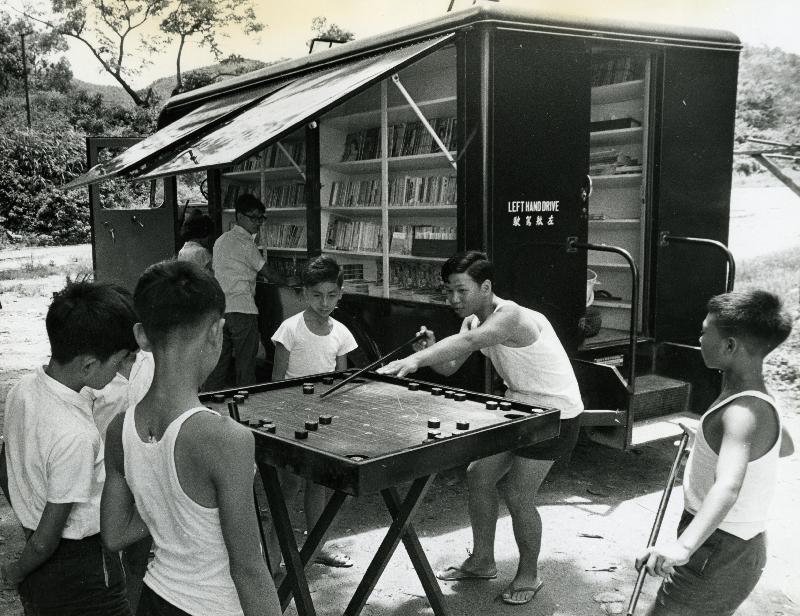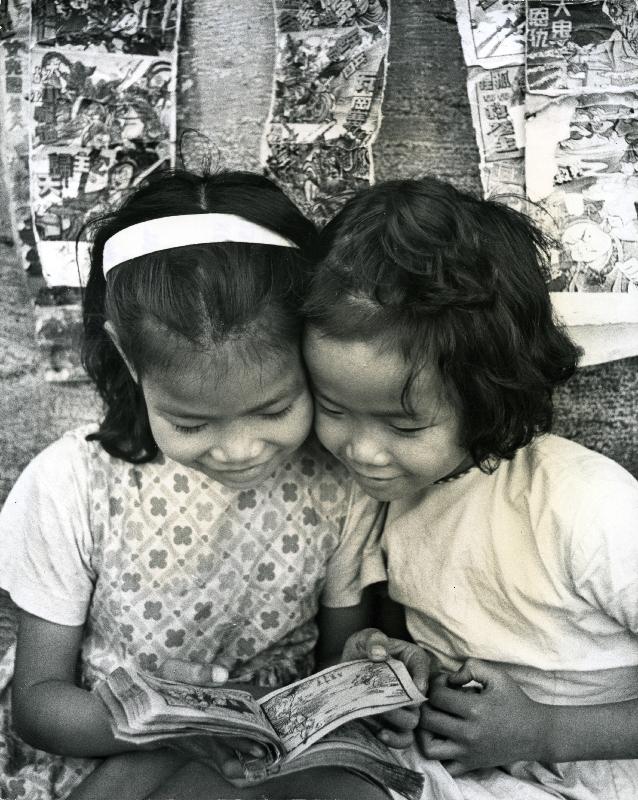Status quo to be maintained for export control of powdered formulae
The Food and Health Bureau (FHB) has completed the review on the export control of powdered formulae. Having analysed the market situation and taken into due consideration the stakeholders’ views, the FHB has decided to maintain the status quo for the export control at this stage.
The Import and Export (General) (Amendment) Regulation 2013 prohibits the export of powdered formulae for infants and young children under 36 months from Hong Kong except with a licence issued by the Director-General of Trade and Industry. Having regard to the need for personal use, each person aged 16 or above may carry not more than a total net weight of 1.8 kilograms of powdered formulae (equivalent to about two cans) on his or her first departure from Hong Kong within a 24-hour period.
A spokesman for the FHB today (February 25) said, “Before making the decision, we have listened to the views of the Legislative Council Panel on Food Safety and Environmental Hygiene, the Committee on Supply Chain of Powdered Formula, those District Councils which have expressed concerns on the review and different stakeholders in society, as well as the outcome of market surveys.
“We expect that the potential non-local demand for powdered formulae in the local market will remain huge. In fact, the volume of powdered formulae re-exported from Hong Kong through normal trading activities has increased significantly since the implementation of the export control in 2013. Meanwhile, the number of convicted cases in breach of the export control has maintained at around 3 800 per year since 2016. No downward trend has been seen. These show that parallel trading activities on powdered formulae are still persistent.”
For the purpose of the review, the FHB conducted six rounds of market surveys in 2018, covering pharmacies and chain stores selling powdered formulae in the 18 districts territory-wide. The survey results showed that nine out of 10 times fieldworkers were able to buy designated powdered formula products immediately at the retail outlets randomly sampled. For those occasions when the retail outlets did not have readily available stocks of the designated powdered formula products, the fieldworkers could buy the same products after visiting one to two retail outlets within around a five-minute walking distance nearby on the same day in most circumstances. The export control has a significant role in safeguarding the stable supply of powdered formulae at local retail outlets. The stable supply of powdered formulae over the past few years has put local parents at ease. There are no other measures which can easily replace the export control at this stage.
The spokesman added that the Government will keep in view the operation of the supply chain of powdered formulae, as well as the changes in the potential non-local demand for powdered formulae in the local retail market, so as to safeguard the stable supply of powdered formulae in Hong Kong.
read more




